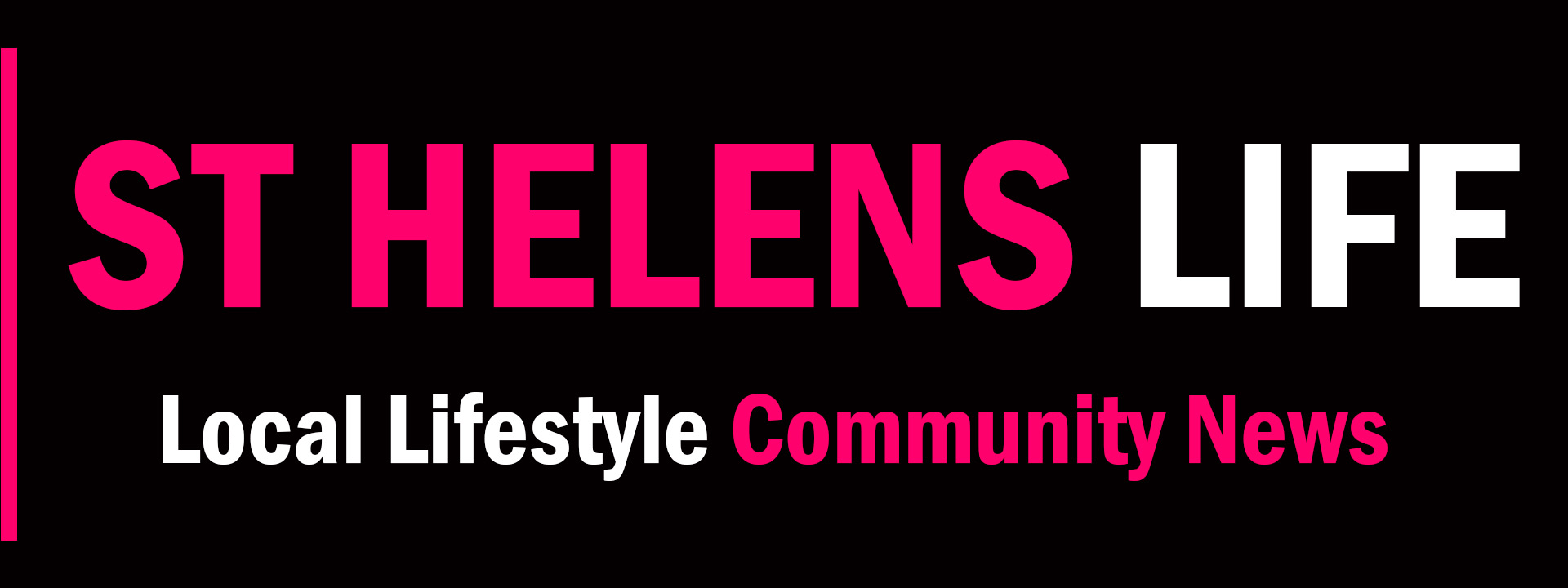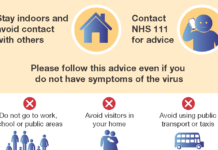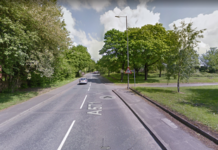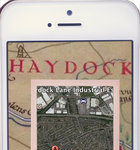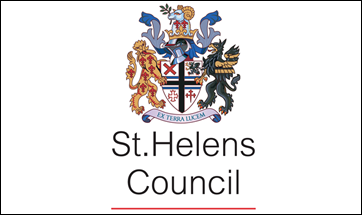Article date – 24 October 2018
The pilot scheme will see two areas, with a total of 1,000 households within the St Helens Town Centre ward, become the first in the borough to trial the new system.
The move comes in a bid to increase recycling rates, which are currently around 35 per cent across St Helens, but which an EU directive states must reach 50 per cent by 2020. Local authorities in the UK are likely to be held to a new 60 per cent recycling target for 2030, to be set by the Government. This will potentially include local authorities stopping food waste from entering landfill by 2030. In St Helens 52 per cent of waste disposed of in the landfill bin is recyclable, nearly a third of this is food waste.
Even though St Helens has the best recycling rate within Merseyside, it needs to improve. It currently provides a fortnightly waste collection, with a weekly collection of recyclable paper, cardboard, tin, glass, (some) plastics and food. With recycling collections once every week, St Helens has one of the most frequent recycling collection services in the North West.
In St Helens a number of separate recycling containers are used to collect specific types of recyclable materials. This is not like Wigan, Warrington and Knowsley where recyclable waste is mixed together (co-mingled) in larger bins. Although the St Helens system does mean more containers for households, the system of separated recyclable waste is the best for the environment.
Contamination is very low, with no recycling wasted by going to landfill. It also enables the council to receive the best price for its recycling as the quality provided by residents is high. Countries such as China have imposed stricter rules on the type of waste that they will take, meaning areas that don’t separate their waste may find it harder to recycle in the future. (Examples of this problem have been reported by the press in other parts of the country last weekend).
The council is working hard to continually improve recycling and waste collections, and is seeking to make the experience of recycling better still for residents. The pilot will try out new containers. Engagement will take place with residents in the two areas. The area(s) will include terraced properties, houses and flats. We all need to be helping a little to increase recycling levels.
The results of the trial will be looked at closely and will help form decisions on any further roll-out. The trial will also include help for residents with clinical waste or nappies. This will help those where space in their landfill bin is in high demand.
Limiting collections of plastics for recycling to bottles only has been a feature for all of Merseyside up to now, but this is also set to change for St Helens. The council will soon be able to increase the range of plastics collected to include yoghurt pots, butter/margarine tubs and plastic food trays. It is planned that this improved service will be available across the borough. It is likely to commence shortly.
England has 39 local authorities already operating three-weekly landfill collections as part of improving recycling. Research has shown that there has been no increase in incidents of fly-tipping from doing so, with one neighbouring authority experiencing a reduction of 35 per cent in fly-tipping. Fears over an increase in vermin have also been unfounded; however in St Helens a weekly separate food waste collection means there is no need to put food waste into landfill bins anyway.
Councillor Lynn Clarke, portfolio holder for Better Neighbourhoods, said:
“The Government has set a recycling target of 50 per cent by 2020. They have continued to raise the cost of landfill tax for councils every year. A little while ago the Government also paved the way to pass a European Union fine to local authorities that had previously been a UK Government responsibility. We now have very little time to achieve the target. Working together avoids these increased costs, restricting the amount we all pay. If we do not, we may face a fine of £0.8m per year and the cost of waste disposal could also rise by £1m.
“I think we would all agree that recycling more is the right thing to do – not just for financial reasons but for our future generations. At the council we understand that we need to look at the best way to do this. We will talk to people living in different types of properties to help and guide us in any change.
“The pilot scheme allows us the opportunity to try out a new system and we will look closely at the results from it, before making any decisions on a further roll-out.”
Councillor Derek Long, Council Leader, said:
“Burying rubbish in landfill costs us roughly three times what we spend to collect the waste. It’s bad for the environment, our children’s future and our pockets.”
Residents within the pilot areas will all be contacted directly and receive detailed information, advice and support on how the system will work, including tips to help them recycle better.
The pilot scheme will commence in February 2019.
